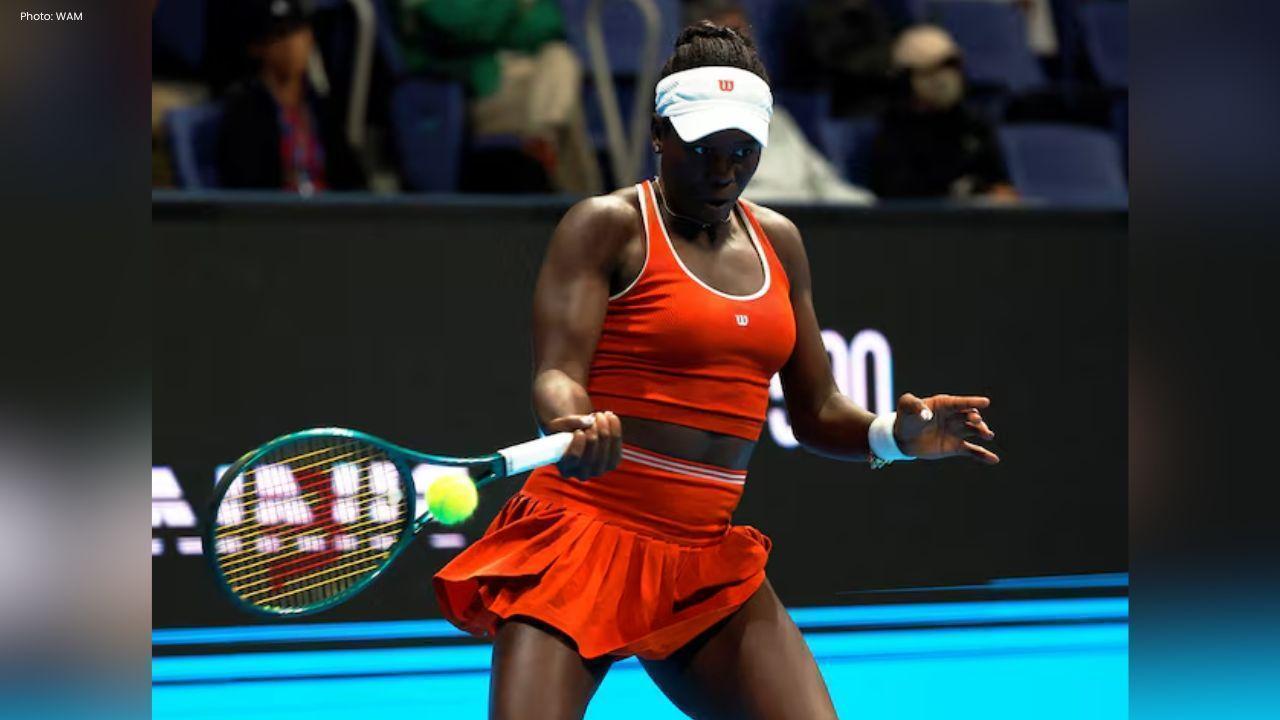
Post by : Anis Al-Rashid
Travel patterns in 2025 are shifting: travellers increasingly favour brief, frequent escapes over traditional multi-week trips. The pandemic reshaped priorities around rest, work and leisure, and many now opt for short-break travel—compact two-to-four-day trips that slot easily into busy schedules.
Recent global travel figures show short breaks climbed by more than 40% year-on-year, while longer-stay holidays have largely levelled off. Convenience, affordability and the ability to travel more often are key reasons for the change.
What factors are steering travellers toward brief getaways, and does this trend signal the end of extended vacations?
Expanded hybrid and remote work arrangements are a major catalyst. With flexibility to work outside the office, many professionals can transform a regular weekend into a four-day pause without formal leave. That adaptability has altered how people allocate short spans of free time.
Tourism specialists note the change in demand. One industry consultant observed that travellers now prefer frequent mini-resets rather than a single, long departure.
Short breaks fit a modern rhythm where recovery is measured by regularity and quality rather than length.
Mental health research indicates that shorter, recurring breaks can prevent burnout more effectively than one long holiday. Brief getaways deliver repeated relief and novelty, helping people sustain lower stress throughout the year.
A behavioural study published this year reported higher well-being among people taking a three-day trip every two months versus those taking one annual long vacation. Regular short escapes supply steady restoration rather than a single large recharge.
With travel costs and inflation fluctuating, short trips often represent a more achievable option. A lengthy international holiday usually requires significant savings; a short regional trip can be more affordable and frequent.
Destinations such as Sri Lanka, Jordan, Georgia and Bali have seen growing demand for two-to-four-day packages aimed at professionals seeking a quick break.
Long vacations once signalled leisure and stability, but in 2025 they face new obstacles: some workplaces require more in-person days, visa processes remain complex, and travel disruptions are less predictable. These factors complicate planning for extended time away.
Furthermore, constant connectivity makes it harder to fully unplug. Extended trips can be diluted by work obligations, reducing their restorative potential.
Long holidays often carry large expectations. After months of planning and saving, disappointment from setbacks can feel acute. By contrast, short breaks involve fewer stakes and allow more flexibility—bad weather over a weekend feels less devastating than during a long-anticipated two-week trip.
Eco-conscious travellers are reconsidering long-haul journeys. Many prefer several shorter, lower-emission trips closer to home instead of a single long-distance flight each year.
Hospitality operators are adapting quickly. Major hotel groups now offer “micro-stay” packages spanning two to three nights with flexible check-in and late checkout. Airlines promote flash fares for brief regional routes.
Tourism boards in markets like Thailand, Croatia and the UAE have rolled out “48-Hour Destination” initiatives to position cities as ideal weekend choices rather than only long-stay spots.
Mobile booking apps and real-time services make arranging short trips faster than ever. Dynamic pricing, location-based suggestions and instant weather updates support last-minute decisions.
Platforms report the average lead time between booking and departure for short breaks has fallen to under five days, reflecting more impulsive, experience-driven behaviour.
Modern travellers seek quick rewards that fit hectic lives. Short trips offer immediate satisfaction without months of planning, yet many participants pursue mindful exploration—slower experiences like local cafés, nature walks or wellness activities instead of frantic sightseeing.
Brief getaways often double as opportunities for a digital detox. Professionals choose spots where they can unplug, reflect or practise simple relaxation techniques, returning to routine refreshed.
Extended trips remain important for immersive learning. Spending weeks in one place fosters deeper cultural understanding, language learning and off-the-beaten-path experiences that short trips cannot replicate.
Backpackers, adventure travellers and families still favour longer stays, which also tend to contribute more to local economies through prolonged spending.
Blended models like the “workation”—mixing remote work with longer stays—and slow travel—fewer locations but more time—offer a middle ground that combines flexibility with depth.
Generational habits shape travel demand. Gen Z, cost-conscious and digitally native, often pick short, frequent trips to trending spots. Millennials juggling careers and young families prefer quick, low-effort escapes. Older travellers, such as retirees, still opt for longer trips for nostalgia and exploration.
Urban residents drive the short-break trend more strongly, using brief escapes to relieve city stress. Those in smaller towns typically plan rarer, longer vacations due to logistics and travel distances.
Rising travel prices encourage consumers to seek micro-luxuries—boutique stays, quality dining or wellness treatments that fit weekend budgets rather than saving for one large trip.
For travel providers, the shift means more frequent but shorter bookings. Pricing strategies and loyalty programmes are being adjusted to reward regular short-stay customers rather than seasonal long-stay visitors.
Employers are responding with flexible leave options: some firms offer single-day leaves to create extended weekends. These policies directly support the growth of short-break travel as a tool for wellbeing and productivity.
Analysts foresee a mixed model combining frequent short escapes with occasional, deeper adventures. Personal priorities—wellbeing, budgets, sustainability and time—will determine individual balances.
Technologies such as AI planners, greener transport options and remote-work visas are reshaping expectations for both short and long trips.
Travelers increasingly value peace of mind over material luxury. Whether it is a three-day nature retreat or a month-long cultural stay, the goal is emotional recovery and renewed focus.
The comparison between short breaks and long holidays is less a question of which is superior and more about which fits modern life. Short breaks offer regular restoration; long holidays provide deeper immersion.
In 2025, many travellers will combine both approaches, building flexible routines that prioritise meaningful time away, regardless of length.
This article is intended for informational purposes only. Travel choices should account for personal health, finances and logistics. The trends described reflect industry data and do not constitute financial or policy advice.










Zohran Mamdani Elected New York City Mayor; Victory Celebration Features Bollywood Hit
Zohran Mamdani wins NYC mayoralty, the city's first Muslim and South Asian mayor; victory rally even

Nita Ambani Cheers India’s Women’s World Cup Triumph
Nita Ambani celebrated India’s Women’s World Cup win with grace and elegance, cheering proudly in st

Victoria Mboko Wins Montreal and Hong Kong Titles
Teen tennis star Victoria Mboko wins Montreal and Hong Kong titles, defeating Grand Slam champions a

Suns Defeat Spurs 130–118, Booker Leads with 28 Points
Devin Booker scored 28 points and 13 assists as the Phoenix Suns ended the San Antonio Spurs’ unbeat

Wolves Remove Coach Pereira After Poor Premier League Run
Wolverhampton have dismissed manager Vitor Pereira after failing to win any of their first ten Premi

Travis Head Leaves T20 Squad For Ashes Preparation
Australia’s Travis Head leaves T20 series against India to join Sheffield Shield for red-ball practi